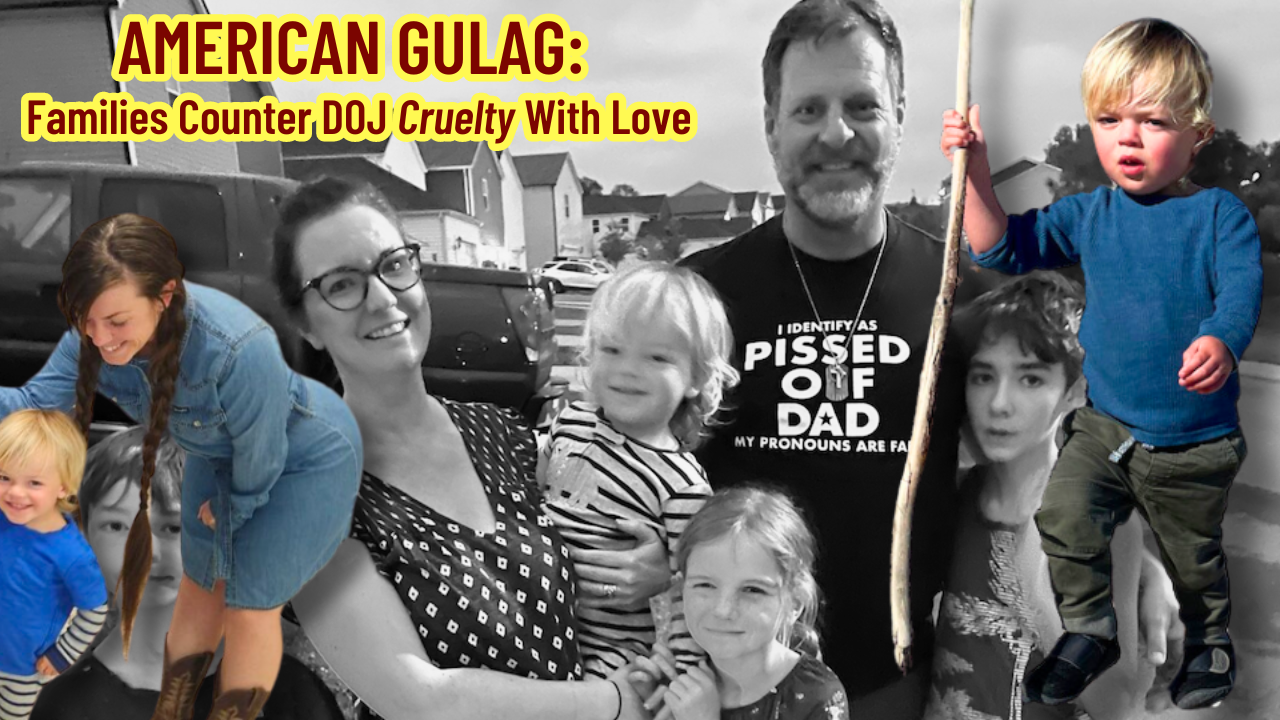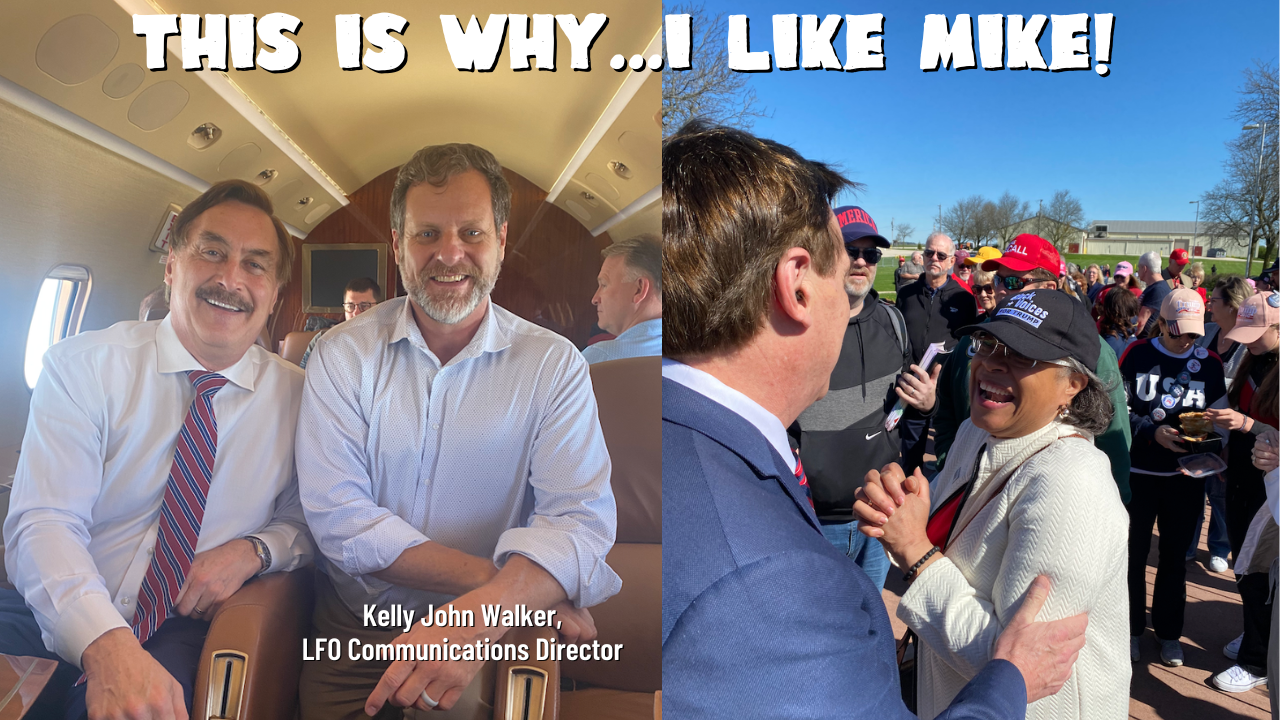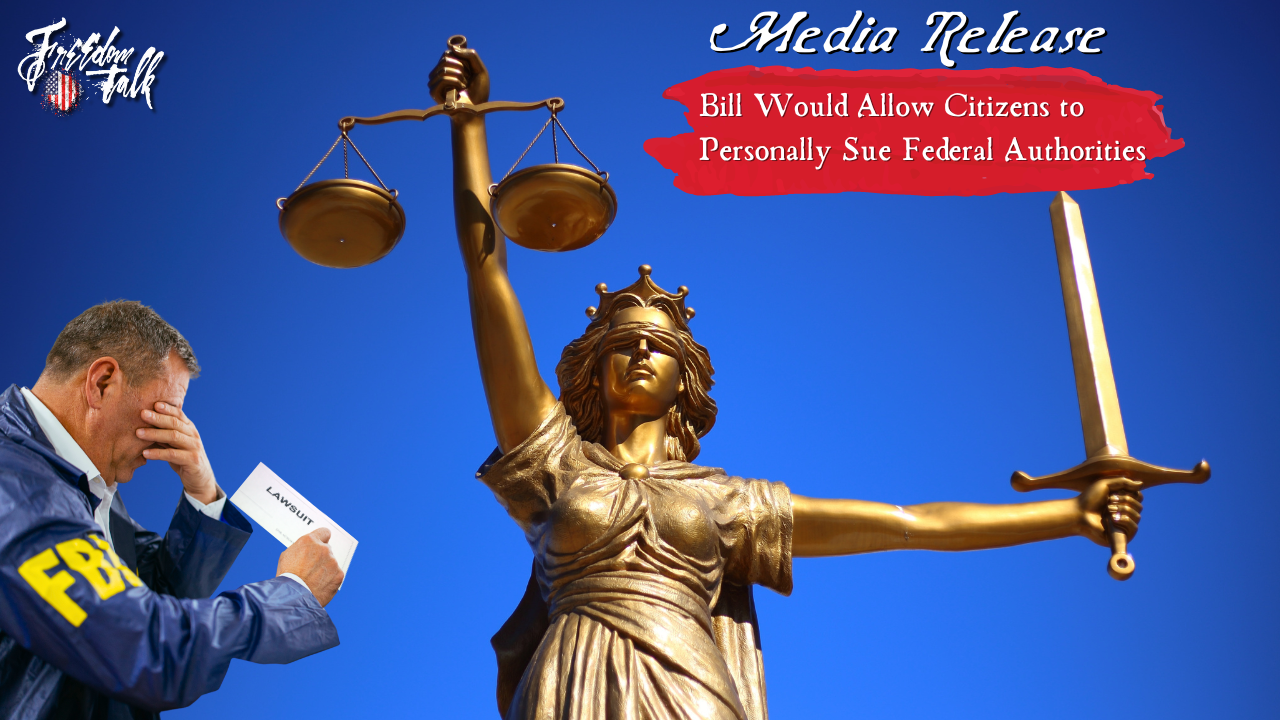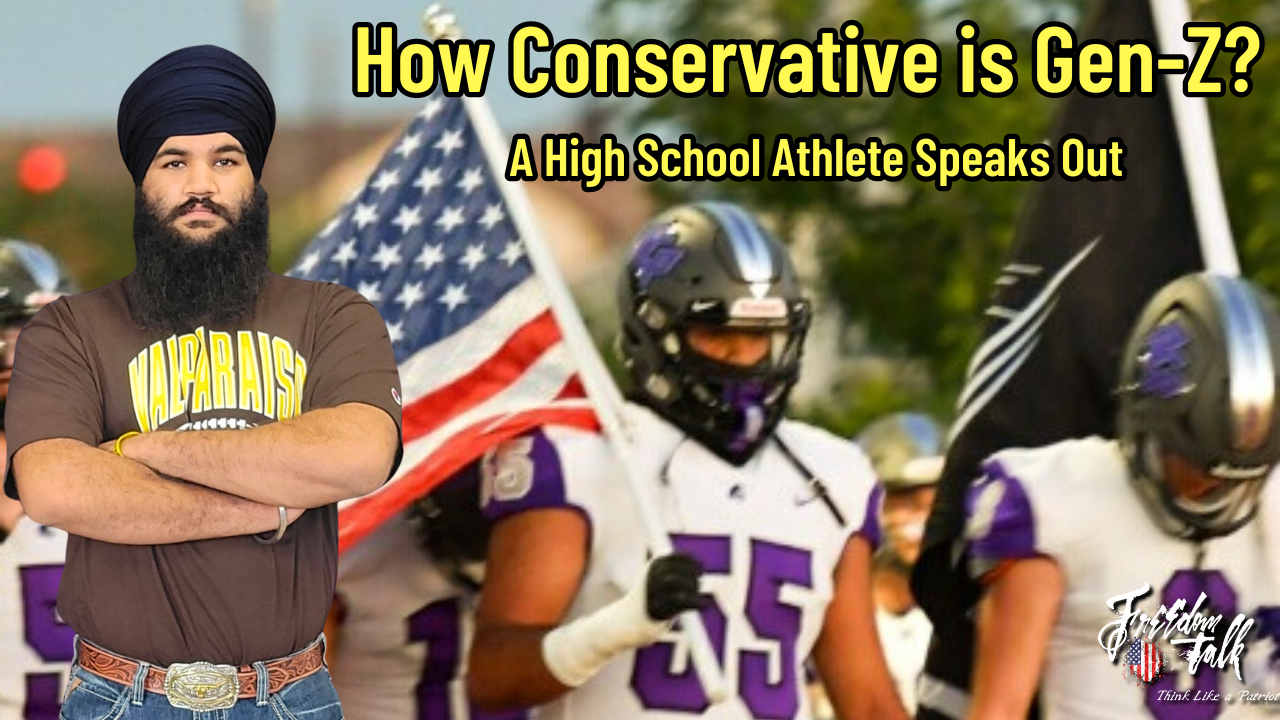On New Year’s Eve, Arizona Republican gubernatorial candidate Kari Lake’s legal team filed a petition to transfer her election contest appeal directly to Arizona’s Supreme Court.
The news broke shortly after Lake’s opponent, Democrat Katie Hobbs, held a private no-press swearing-in ceremony that Lake’s campaign blasted as “fake”.
Fake @GovernorHobbs didn't let any reporters in to cover her faux inauguration today.
We hope the partisan press enjoys all that transparency they asked for!
Guys, it's not just that Katie doesn't want to answer your questions.
It's that she's incapable of answering them.
— Kari Lake War Room (@KariLakeWarRoom) January 3, 2023
Lake’s team also criticized Hobbes for breaking a transparency pledge and the practice of recent Arizona governors by refusing to disclose the sources and amounts of the corporate donations which funded the event.
In @katiehobbs's Arizona,
You will have no transparency.
Your decisions will be made for you.
Your elections will be decided without you.
And you will be told to accept it or else.
We will fight this with everything we've got. https://t.co/KCKPo75VYT
— Kari Lake War Room (@KariLakeWarRoom) January 2, 2023
The petition, which was posted in full by Jordan Conradson of The Gateway Pundit, argues that the “extraordinary circumstances” of the case merit immediate consideration and that the trial judge’s rulings raise extremely important legal questions that only the Arizona Supreme Court can answer.
The relevant Arizona Rules of Civil Appellate Procedure say:
The Supreme Court may permit the transfer of an appeal pending in the Court of Appeals to the Supreme Court if:
(1) The appeal requests that a decision of the Supreme Court be overruled or qualified;(2) There are conflicting Court of Appeals decisions concerning an issue on appeal; or(3) Other extraordinary circumstances justify transfer.
In Lake’s case, the first and second rules do not apply because she is actually asking the court to affirm binding precedent that they contend the trial judge ignored. In his decision dismissing Lake’s election contest on Christmas Eve, Judge Peter A. Thompson ruled that a successful election contest could only result from clear and convincing evidence that intentional fraud had flipped the election. Lake’s team argues that longstanding Arizona precedent merely requires evidence that calls the result into question.

Thompson had also ruled Lake’s complaint that Maricopa County had illegally counted absentee ballots without meaningful signature checks was barred by laches, a doctrine which disallows lawsuits that are filed so late that they incurably prejudice the defendant, because Lake’s team had not filed a lawsuit on that count before the election. Similar pre-election contests, however, have been dismissed by courts as being too early because – before the election – no “injury” has been suffered.
Lake had indeed filed suits before, during and after the election – which were all similarly dismissed. To Lake’s supporters, this appears to be a Catch-22 where it is impossible to challenge violations of election law at any time at all.
The document itself raises a number of grounded legal arguments but appears to be written with the court of public opinion in mind, featuring passionate overtures such as “A significant majority of voters no longer trust the outcomes of elections in Arizona. A functioning republic cannot exist for long in these circumstances.” and criticism of Hobbs’ team for blaming Republicans who voted on Election Day – “You reap what you sow” – in argument at trial.
Regardless of the legal merit of her appeal, Lake’s prospects appear dim.
Citing the “corruption” of Arizona’s courts – which, despite being overwhelmingly appointed by Republicans, have increasingly rejected Republican election contests in recent years – election law expert and civil rights attorney Robert Barnes described Lake’s prospects on appeal to be a “twenty-to-one” losing bet.
This news and commentary by A.J. Cooke originally appeared on Valiant News.







